A free trade group has requested another month to comment on plans by the United States to hike tariffs on Chinese imports such as electric vehicles, batteries, solar products and other goods.
In a letter to Juan Millan, acting general counsel for the Office of the U.S. Trade Representative, the Americans for Free Trade, or AFT, is seeking to delay the Aug 1 start date for the new duties.
"Comments are currently due on June 28, 2024. We believe an extension of at least 30 days — to July 28,2024 — is in the public interest," the group said in the June 6 letter, which was signed by 173 trade associations.
AFT is a broad coalition of U.S. businesses, trade organizations and workers united against tariffs. "Collectively, we employ tens of millions of Americans through our vast supply chains," it said in the letter.
In May, U.S. President Joe Biden announced tariff increases on $18 billion worth of Chinese imports targeting electric vehicles, advanced batteries, steel and critical minerals.
The USTR later announced a 30-day public comment period, with a quadrupling of levies on Chinese EVs to 100 percent, starting this year.
The tariff rate on semiconductors will surge from 25 percent to 50 percent by next year, while the tariff rate on battery parts will increase from 7.5 percent to 25 percent in 2024.
"Many of our members are small businesses and U.S. manufacturers, critical stakeholders in this review process. We are actively surveying our collective membership to gather feedback on the projected impacts of the proposed modifications and document them in a manner that is most helpful to USTR," the letter said.
The group said a public hearing would be consistent with past USTR practice regarding Section 301 tariff actions, when it held a hearing on its investigation in October 2017 and to receive stakeholder input on each collection of proposed tariffs and products from 2018 to 2019.
Stakeholders' view
A hearing would also give the USTR the benefit of asking questions directly to stakeholders over the proposed modifications and exclusions, the letter said.
Among prominent endorsers of the letter were the Consumer Technology Association, the National Retail Federation and the U.S.-China Business Council.
AFT also has a map of the U.S. on its website that shows each state's tolls from the tariffs on China.
Nationally, the group said the Section 301 tariffs have cost people in the U.S. $129 billion since the trade war began in 2018.
California, the U.S.' most populous state, sustained the highest burdens from the tariffs, said the AFT, which estimated that free trade supports 5.1 million jobs in the state and that Section 301 tariffs have cost Californians $33.5 billion.
California also saved $5.7 billion from Section 301 exclusions, but those expired in December 2020.








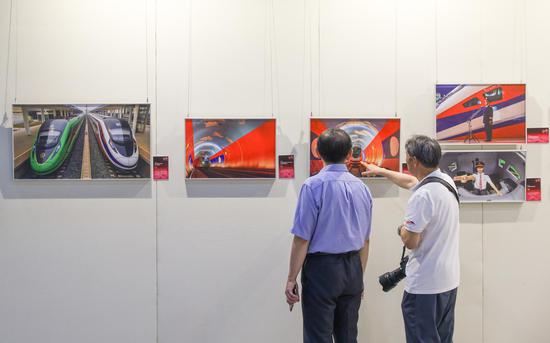



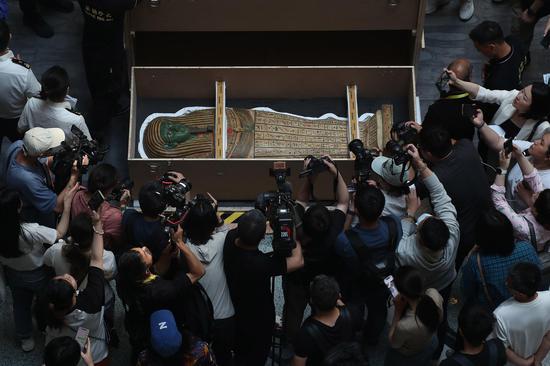





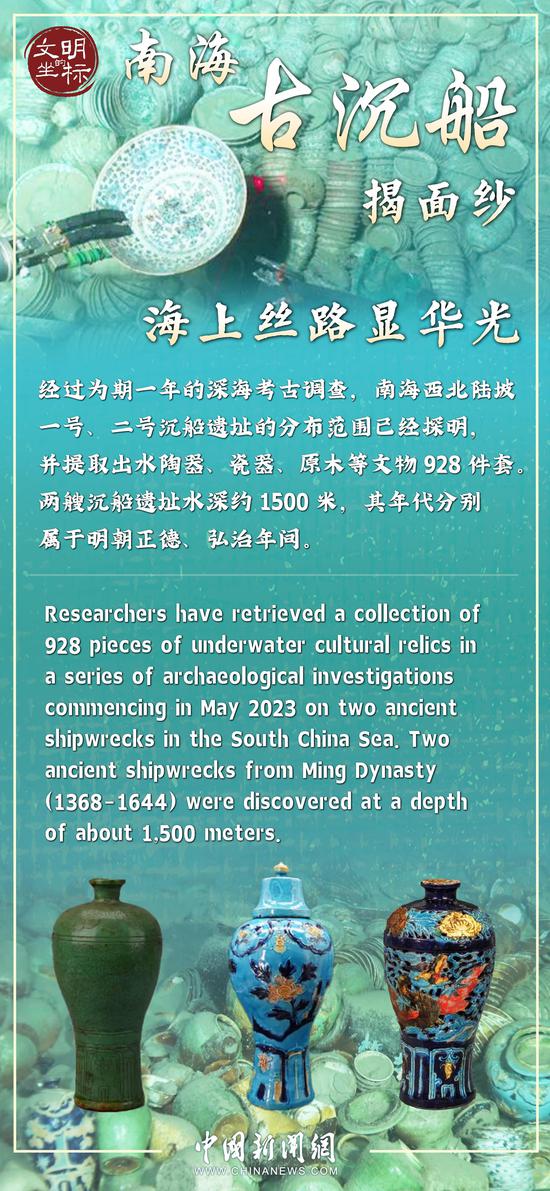
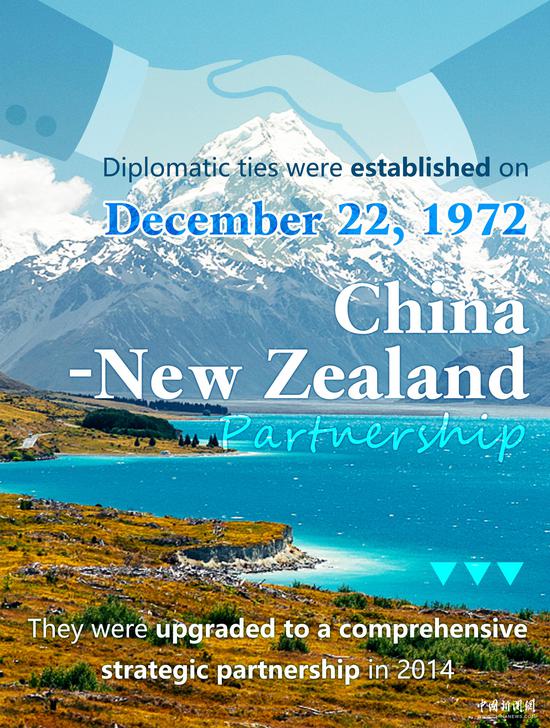


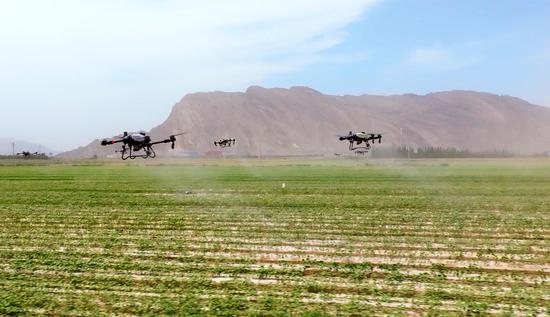
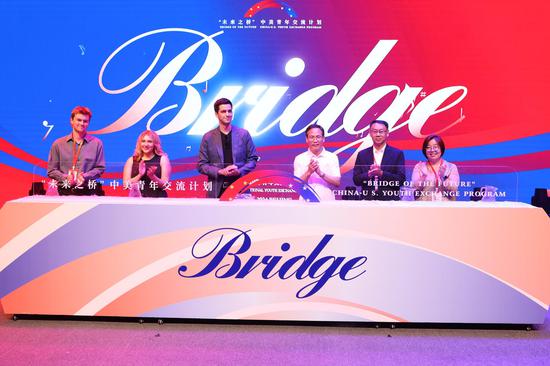


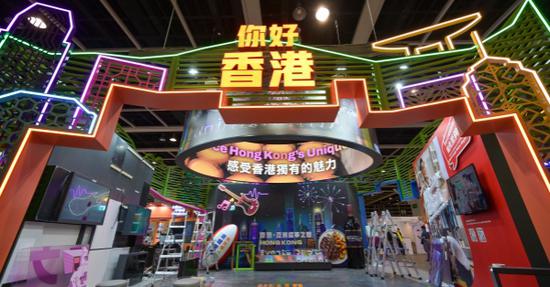

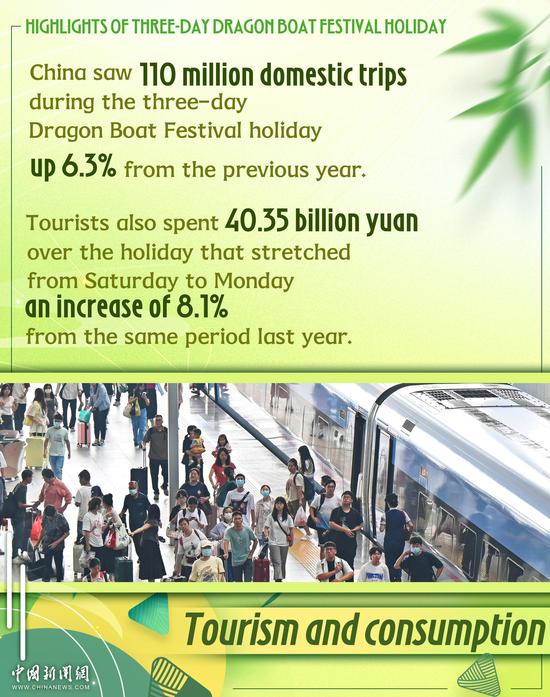


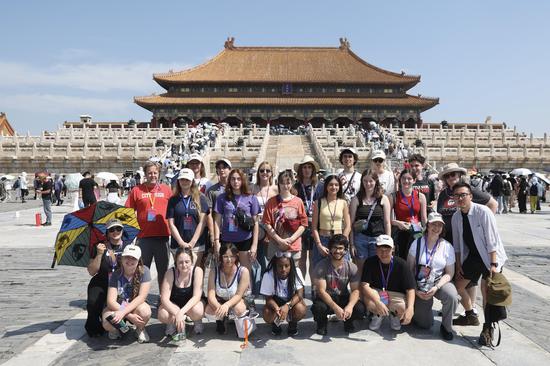






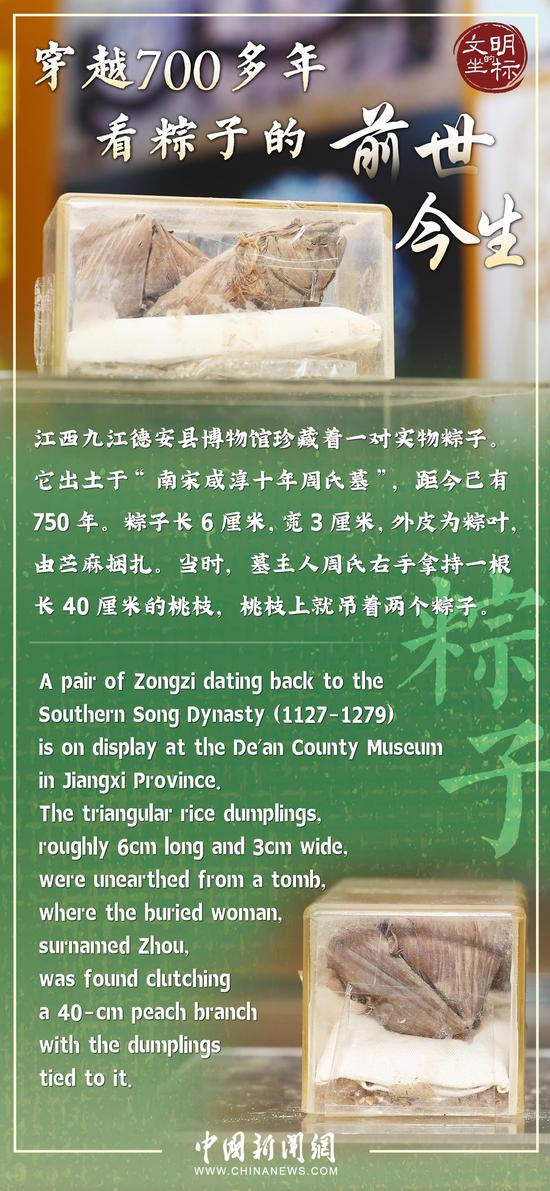

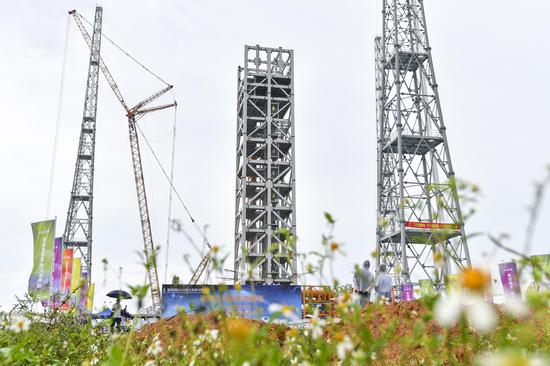


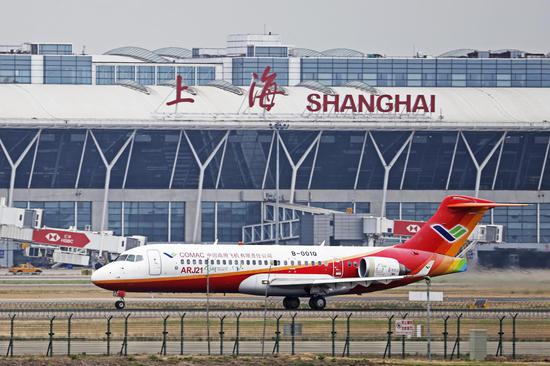






 京公网安备 11010202009201号
京公网安备 11010202009201号